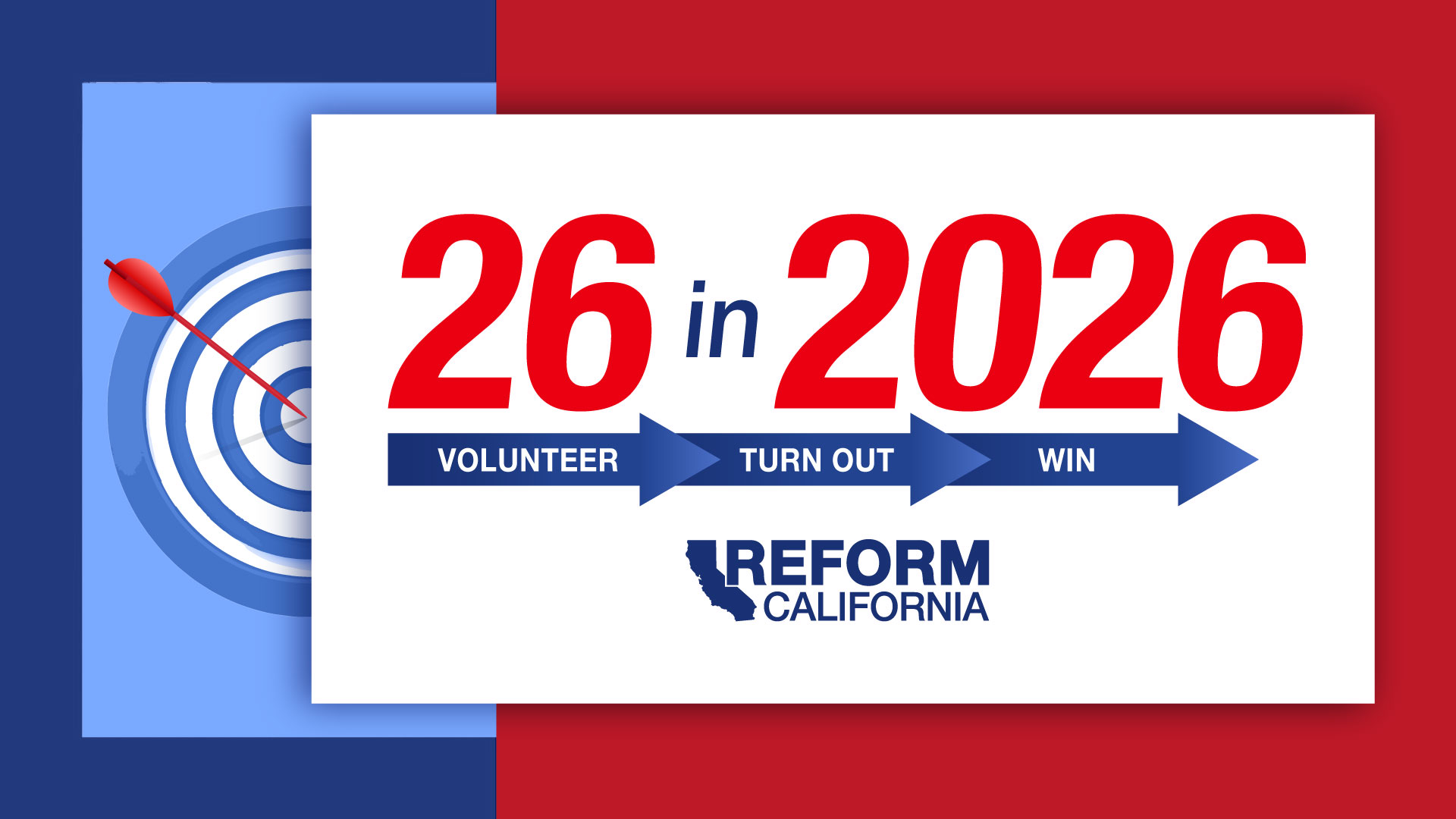
Image Credit:
Canva
There’s no doubt that California faces a significant housing shortage. In 2018 the state was ranked 49th among the states in housing units per resident. Experts say the cause is 1) opposition to new housing projects and 2) excessive regulations and mandates that make building new housing in California more expensive than any other state in the nation.
California Democrats, whose unchallenged political dominance in California has had them in charge of policies that have brought the state to this housing crisis, claim the solution is to eliminate single-family zoning in favor of high density development. Democrats are even willing to override and cancel local input and control over housing decisions to get their way.
Last year California Democrat politicians passed Senate Bills 9 and 10. The bills eliminate single-family zoning throughout the state by allowing for up to 4 units to be built per parcel - with no local control allowed in the process. In already urbanized areas, the bills even promote development of up to 10 units per parcel of land that was previously zoned for one unit!
In addition, California Democrats are now threatening to withhold transportation funding from local governments that don’t commit to embrace urbanization.
Critics say that move not only promotes dense development projects, but takes away highway and road funding from suburban and rural areas - serving as a punishment for anyone who wants to continue to live in those areas as they will no longer receive the kind of road maintenance and expansion they need.
Carl DeMaio, chairman of Reform California, opposes the moves by Democrats to force urbanization in California at the expense of suburban areas.
“It’s crazy — the California Democrats are really trying to run every aspect of our lives and eliminate our rural and suburban communities,” said DeMaio.
“There’s no doubt we need new housing, but we need all kinds of housing - not just urban dense units, but suburban and rural units as well,” DeMaio says. “That’s how a market works best - listening and responding to the consumer, not trying to force feed what government bureaucrats think is best,” DeMaio notes.
Roughly 46% of California’s land area (~48 million acres) is owned by the federal government, about 3% is owned by the State of California, and around 1% is owned by California’s local and county governments. But due to strict environmental regulations, much of that land is off limits. And in the 48% of land that is privately owned, prospective builders still face roadblocks.
DeMaio points out that permit fees, regulations, mandates and absurdly long government approval waiting periods strangle development - choking supply and raising costs of housing.
According to John Burns Northern California expert Dean Wehrli, it can take over 10 years to obtain approval for building a housing community. In addition to the wait, homebuilders are required to pay $25,000 to $75,000 in fees for building a single home in several areas of the state.
But DeMaio says that California Democrats have ignored these housing blockades, in spite of Attorney General Rob Bonta pledging to protect “Californians’ fundamental right to housing.”
“They want to build housing alright — but only housing they like: high density urban development,” said DeMaio. “And the reason why is that it smashes traditionally family-based and conservative suburban communities — the groups that don’t vote Democrat,” he explained.
And Bonta’s strike force is certainly enforcing California’s housing laws on the suburbs. Last week, Bonta issued an ultimatum to the city of Encinitas: Build the Encinitas Boulevard Apartments in Olivenhain or be “held accountable.”
The City Council voted down the proposed 277-unit apartment complex after public outcry over its scale and location. Critics pointed out that the project was too large for the area’s two-lane roads and didn’t meet the city’s building-height requirements.
Faced with Bonta’s threats, the city will be considering a modified version of the Encinitas Boulevard Apartments project - local input be damned.
What can be done to change these housing laws and clear red tape for community-driven and desired expansion?
DeMaio says it starts with flipping key seats in the 2022 election. Electing reform-minded candidates in November will respect the local voice of Californians on land use issues - and commit to cutting the red tape that chokes off supply and raises the cost of housing.
That’s why DeMaio is urging all Californians to join the campaign today to flip key seats in the 2022 election - both at the state and local levels of government.
“We can cut the red tape and make housing affordable again — we just need officials willing to do it,” says DeMaio. “That’s why we need your help today to elect these candidates in 2022,” he concluded.
Join the Fight: Flip Target Seats to Combat Rising Housing Costs


